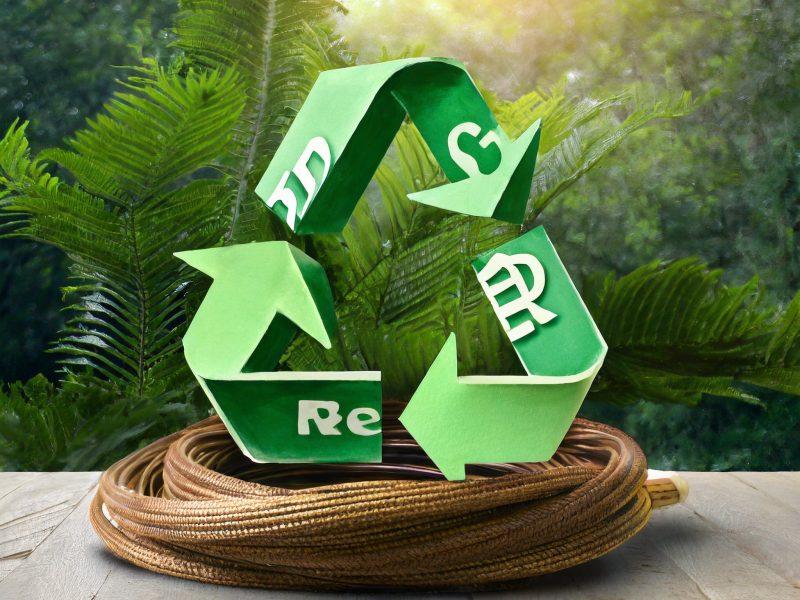Introduction
Education is a cornerstone of human civilization, a powerful tool that shapes individuals and societies, transcending generations and cultures. It is the process of acquiring knowledge, skills, values, and attitudes that equip individuals to navigate the complexities of life. Beyond the confines of classrooms, education encompasses a holistic growth of the mind and spirit. In this blog, we delve into the essence of education, exploring its multifaceted nature and its profound impact on personal and societal development.
The Essence of Education
At its core, education is more than the memorization of facts and figures. It is the gateway to understanding the world and our place in it. Education empowers individuals to analyze, question, and synthesize information, fostering critical thinking and problem-solving skills. It nurtures curiosity and cultivates a lifelong appetite for learning, adapting to the ever-evolving landscape of knowledge.
Dimensions of Education
- Formal Education: This structured form of education is typically provided within institutions such as schools, colleges, and universities. It follows a curriculum designed to impart foundational knowledge and skills across various subjects. Formal education not only imparts academic knowledge but also encourages social interaction, teamwork, and character development.
- Informal Education: Learning doesn’t solely occur within the walls of a classroom. Informal education takes place through daily life experiences, interactions, and observations. This could include conversations with peers, reading books, watching documentaries, or engaging in hobbies. Informal education complements formal education by offering practical insights and fostering creativity.
- Non-formal Education: This flexible mode of education targets specific skills and competencies outside traditional academic subjects. Workshops, seminars, vocational training, and skill-building programs fall under non-formal education. It caters to learners of all ages and backgrounds, focusing on practical skills that can enhance employability and overall quality of life.
The Impact of Education
- Personal Development: Education is instrumental in personal growth. It equips individuals with the skills needed to navigate life’s challenges, make informed decisions, and achieve their goals. Education also nurtures emotional intelligence, empathy, and self-awareness, contributing to well-rounded personalities.
- Societal Progress: A well-educated society is a progressive society. Education fosters civic engagement, responsible citizenship, and social cohesion. Informed citizens are better equipped to contribute positively to their communities and make informed choices in the political, economic, and social spheres.
- Economic Empowerment: Education plays a pivotal role in economic development. It enhances employability, leading to better job prospects and higher income levels. Moreover, educated individuals are more likely to innovate, contributing to technological advancements and economic growth.
- Cultural Preservation: Education is a vehicle for cultural transmission. It ensures that traditions, languages, and historical knowledge are preserved and passed on to future generations. Cultural literacy fosters respect for diversity and enriches the tapestry of human experience.
Challenges and Future Directions
Despite its transformative potential, education faces challenges. Disparities in access to quality education, unequal distribution of resources, and outdated curricula hinder its widespread benefits. In the digital age, new challenges arise, such as ensuring digital literacy and navigating the complexities of online information.
As we move forward, it’s crucial to embrace innovative teaching methodologies, leverage technology for inclusive learning, and foster a holistic approach that prioritizes not only academic knowledge but also emotional intelligence, ethical values, and global citizenship.
Conclusion
Education is a beacon of enlightenment that illuminates our paths, empowering us to shape a better future. It’s a lifelong journey that transcends the boundaries of time and space, equipping us with the tools to conquer challenges and seize opportunities. As we continue to invest in education, we invest in the very foundation of progress, fostering a world where every individual can reach their full potential and contribute meaningfully to the betterment of society.

